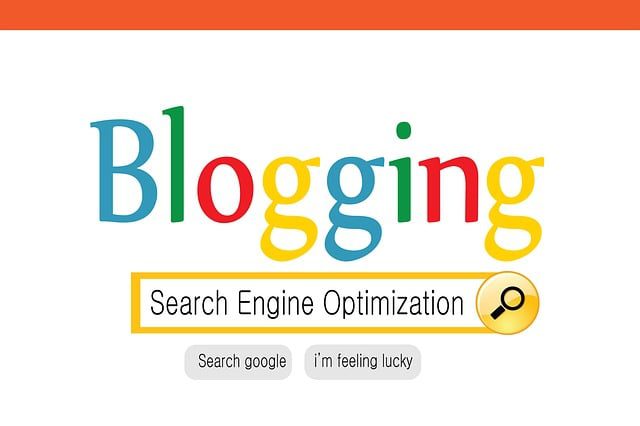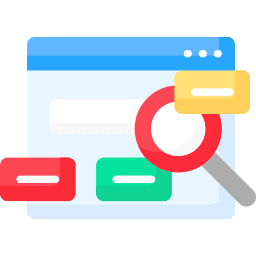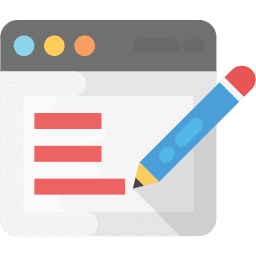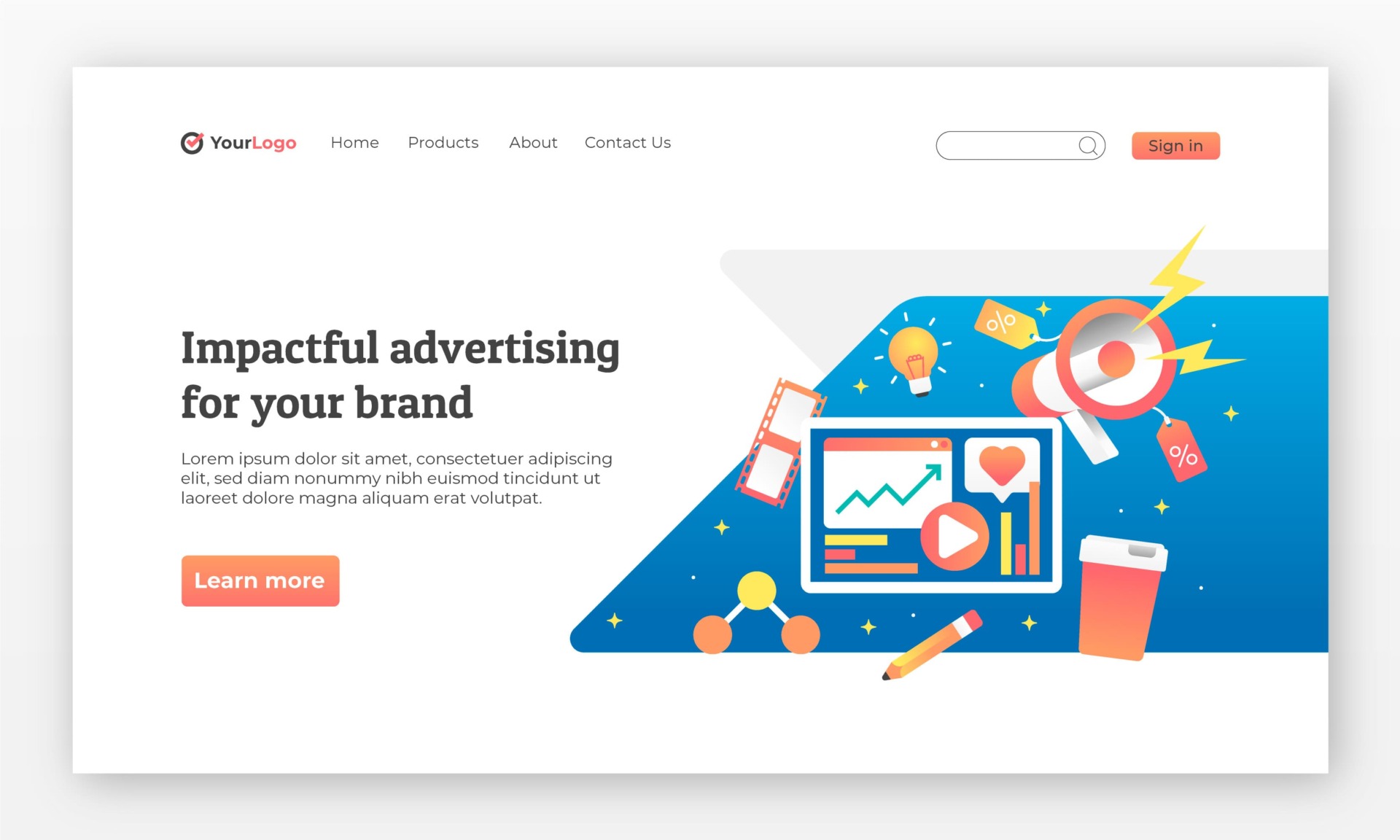
WHY BLOGS ARE ESSENTIAL FOR SEO
Adding blogs to a website regularly is beneficial for search engine optimization. Google loves unique and high-quality information on subjects relevant to an industry.
Adding high-quality articles once or twice a week helps with SEO. Discover a clear and powerful strategy to deliver more traffic to your website with smart blogging strategies.


BLOGGING STRATEGIES FOR SEO

KEYWORD RESEARCH

When creating an article for a blog, target commonly asked questions in your industry. Use Keyword Research tools to discover which topics your target audience is searching for.
It’s essential to target long-tail keywords as they are easier to rank on Page 1 of Google. Here are the best tools to find popular keywords to build your articles:

BEST FREE TOOLS TO FIND KEYWORDS


GOOGLE’S KEYWORD PLANNER

Google’s Keyword Planner is a Free Tool for people to search for valuable keywords. Google’s Keyword Planner provides a list of keywords with the average number of monthly searches conducted. Search for relevant and high-traffic keywords to target for your article.

GOOGLE TRENDS

Google Trends is another Free Tool for people to determine which keywords are trending now. It’s important to know which keywords in your industry are gaining popularity, especially if your business works well in certain seasons (Winter, Summer). Use Google Trends to discover popular keywords and build articles around those trending keywords.

ANSWER THE PUBLIC

Answer the public is a great Free Tool to discover content ideas for your blog. It displays popular questions, topics, and phrases people use on Google.
Enter your keyword into the search bar and watch a list of valuable keywords appear before you. You are allowed one search per day. If you sign up for their account, you can do 3 searches per day.

CONTENT

It is the most essential practice of blogging, as only high-quality articles will rank high on Google. Google has advanced Artificial Intelligence programs that scan each piece of information added to a website.
These programs also examine the interaction between a user and a website. If the quality of the article is poor, the user will leave quickly, and Google will understand the article provides low-quality information. Here are several great practices when creating content for your blog:

BEST PRACTICES FOR WRITING CONTENT


UNIQUE CONTENT

Only add unique and human-written content to your blog. Avoid using cheap writers; either create the content yourself or hire a professional writer to do the articles for you. Also, avoid using Spun Content or AI-generated content, as Google will flag these grey-hat strategies and penalize you.

LONG ARTICLES

Google prefers long, detailed articles to short articles with limited information. Your articles should be between 1500 and 2500 words long. Avoid creating articles that are 500 words long. Short articles still help with SEO; however, it’s harder to rank them on Page 1 of Google.

KEYWORD DENSITY

Keyword density is the number of times you mention your primary and secondary keywords in the article. A good keyword density is 2 percent. Keywords should be mentioned throughout your article, especially in the first and last sentences. Avoid keyword stuffing, as Google can penalize you.

IMAGES

Google dislikes blocks of text as your content is less readable to your users. Include icons, vectors, and photos in between your text to make it more engaging for your users. Compressing large images can slow down your website download speeds.

GRAMMAR AND SPELLING

Ensure the grammar and spelling are correct for each article you create. To check for grammar and spelling errors, use Grammarly to help identify mistakes and rectify them. Grammarly offers a free and paid version. If you are creating the articles yourself, then it’s recommended that you use the paid version.

HEADINGS

Add targeted keywords to your heading sections. There are 6 heading types: H1, H2, H3, H4, H5, H6. Add your primary keyword in your H1 heading. Only have one H1 heading in the entire article. Include your secondary keywords in your H2, H3, H4, H5, and H6 headings.

METADATA

Metadata is the information search engines use to list your website on their platform.
There are three types of metadata: Meta Title, Meta Description, and Meta Keywords. If you fail to submit your metadata, Google will use your page title for the Meta Title and will take the first sentence of your article and use it as your Meta Description.

HOW TO OPTIMIZE YOUR METADATA


META TITLE

The meta title is the title that appears in search engines. The meta title should contain your main keyword. It’s also essential to add the city location of your business, as many Google searches are done with a location added (EG, SEO Services Johannesburg).
Meta titles should not exceed 60 characters, as the rest of the title will not appeaR on search engines.

META DESCRIPTION

The meta description is the description text that appears in search engines. The meta description should contain your secondary keywords.
The meta description does not impact your SEO rankings today; however, it’s essential to create an eye-catching description to encourage users to click on your website link. It will help your click-through rate.

META KEYWORDS

Google does not pay attention to meta keywords anymore, as it does not contribute to your SEO score. People still use meta keywords to tell Google which keywords they want to rank for; however, they only mention 3-4 keywords.
Avoid keyword stuffing in the meta keywords, as Google will flag your website for spam. We recommend leaving this section blank.

POWERFUL SEO TIPS FOR CONTENT
Once your article has been completed, it’s time to add it to the Internet. High-quality articles will be shared across multiple platforms to build powerful backlinks to your website. Backlinks are seen as a vote of confidence by Google.
The more backlinks your article receives, the more likely it will appear on Page 1 of Google. It’s crucial to understand that the quality of the backlink matters too. Receiving a backlink from a high DA and relevant website will contribute more to your rankings than 100 low DA and irrelevant websites. Here are several places you should add your article:
PLACES TO SHARE YOUR BLOG ARTICLE


SOCIAL MEDIA WEBSITES
1. Facebook.com
2. Twitter.com
3. LinkedIn.com
4. Instagram.com
5. Pinterest.com
6. Reddit.com

BLOG AND BUSINESS DIRECTORIES
1. Brabys.com
2. Sayellow.com
3. Hotfrog.co.za
4. Yellowpages.co.za
5. Bizcommunity.co.za
6. Nichemarket.co.za

PRESS RELEASE WEBSITES
1. MyPR.co.za
2. Mypressportal.co.za
3. Mybizpress.co.za
4. Mypressoffice.co.za
5. Southafricatoday.net
6. Undergroundpress.co.za
SEO landing pages and Google Ads landing pages serve different goals. Discover which one is right for your business and how to use both effectively.
Learn how to write a powerful ad that grabs attention and drives action. Simple steps, real examples, and expert tips to improve your ad performance fast.
Discover 10 hidden Google Ads settings that drain your budget. Learn how to fix wasted spend, improve conversions, and boost campaign performance.
SEO landing pages and Google Ads landing pages serve different goals. Discover which one is right for your business and how to use both effectively.
Learn how to write a powerful ad that grabs attention and drives action. Simple steps, real examples, and expert tips to improve your ad performance fast.




